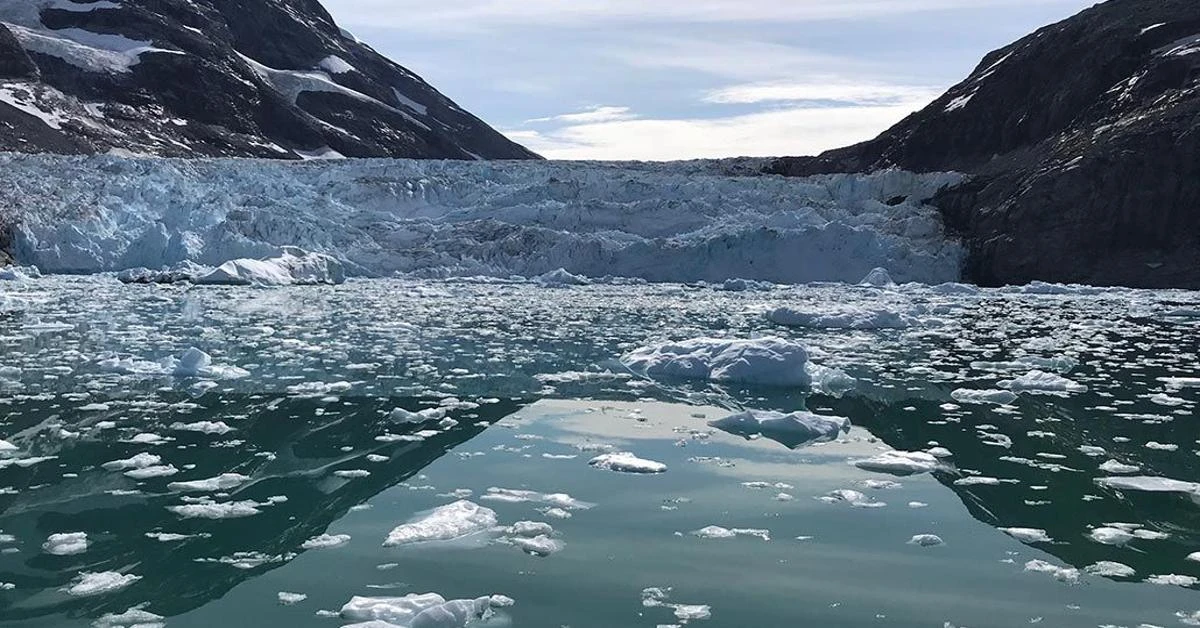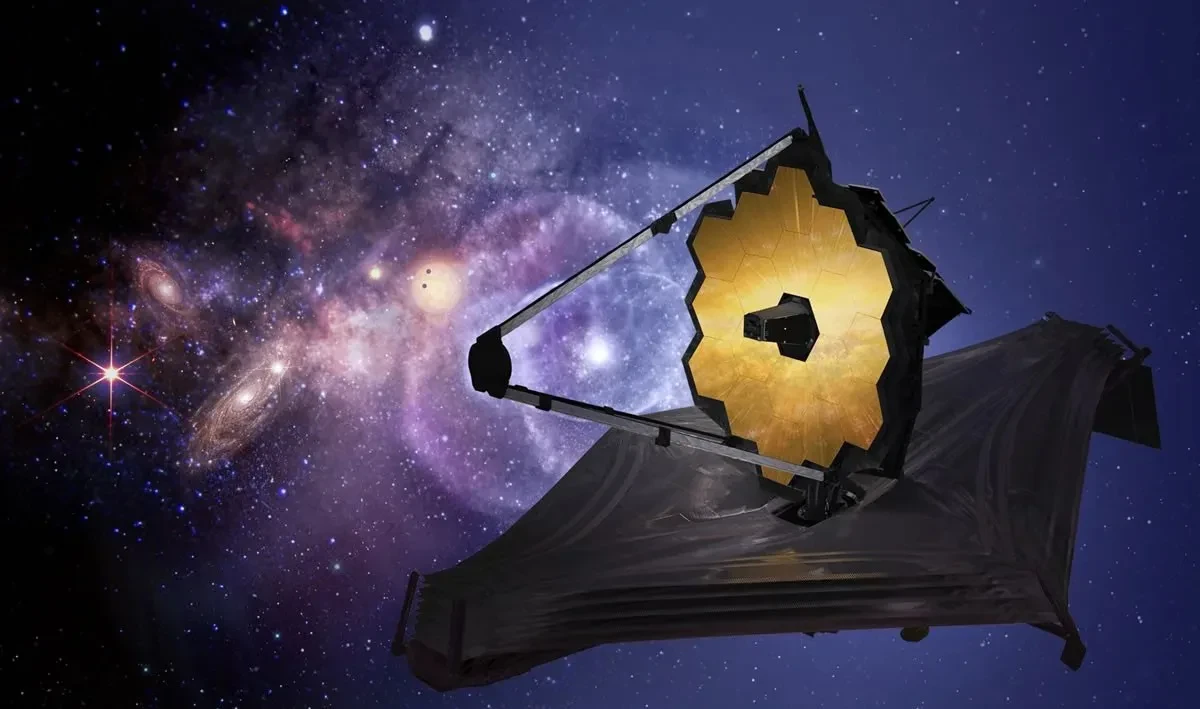A frozen library melts: Losing climate data to global warming

Rapid glacier melting at Grand Combin and beyond threatens to erase centuries of climate data, posing challenges for future climate research
The rapid melting of glaciers has become a stark indicator of global warming. This happening is not only reshaping our planet’s landscapes but also wiping out crucial records of Earth’s climate history.
This alarming trend has been highlighted by recent studies focusing on the Corbassière glacier at Grand Combin in the Swiss Alps, as reported by Phys.org. Researchers have discovered that the melting is destroying valuable climate data that has been preserved in ice for centuries.
Teams from the Paul Scherrer Institute and other European universities found significant differences in ice cores extracted from this glacier in 2018 and 2020.
Ice cores are like natural archives, storing seasonal changes in air quality and climate conditions.
However, the 2020 cores showed much fewer seasonal variations in deeper layers, indicating a loss of data.
This loss is because of intense melting. As the glacier melts, water seeps down and washes away vital information contained within the ice, similar to a library where books have been mixed up and pages lost. This comparison was drawn by Margit Schwikowski, who leads the environmental chemistry lab at PSI.
The problem extends beyond the Alps. Glaciers around the world hold data about Earth’s past climate and atmosphere. Their melting not only disrupts local ecosystems and water resources but also robs scientists of essential information for predicting future climate changes.
Efforts to save this data are underway. The Ice Memory project aims to preserve ice cores from 20 endangered glaciers in an archive in Antarctica. However, this task is challenging, as shown by difficulties in drilling and unexpected ice conditions at Grand Combin.
Source: Newsroom



